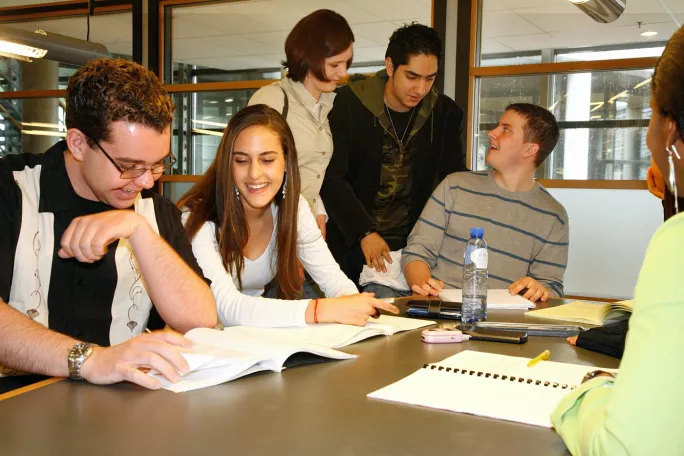Five steps for introducing lesson study to your school
In a recent article for TES, David Weston wrote about the significant benefits of “lesson study”, a Japanese technique in which teachers collaboratively observe and discuss one another’s practice. He warned against watering down the original model, so here Pete Dudley, the man who introduced lesson study to the UK, explains how to make it work in practice.
I have seen lesson study (LS) dramatically improve pupils’ progress. At its best, the system builds strong teacher learning communities and enables knowledge of good practice to travel effectively from classroom to classroom, reinvigorating enthusiasm and deepening teacher’s understanding of their learners’ needs.
However, despite its impact and global popularity, schools can struggle to sustain LS in the long term. This is often down to failures early on in the process. To help you avoid the pitfalls and ensure that LS is successfully implemented, I have put together the five-point strategy below.
1. Start piloting this term
Choose teachers whose enthusiasm will inspire others and work with them to use LS to improve either an area of your curriculum that none of you are happy with or the learning of a small group of pupils who should be doing better. Identify case pupils, give the teachers time to research and plan approaches and then follow the process below.
2. Plan for every teacher to join a three-cycle lesson study in 2015-16
A cycle of three research lessons tends to provide noticeable benefits. Schedule each cycle into the calendar rather than treating it as a bolt-on. This will minimise costs and ensure that time is earmarked for research and post-lesson discussion. Sharing through “open house” lessons (where other teachers can watch the progress of the LS group) as part of these cycles is a great way to communicate knowledge to the whole school, enthuse the learning community and cement new practices.
3. Get leadership involved in lesson studies
In my experience, headteachers who take part in LS themselves are best placed understand how to get the most out of it for their schools. Robinson et al’s 2009 meta-study proves that headteachers who lead enquiries into improving learning make the biggest difference to pupil outcomes.
4. Seek out high-quality, well-evidenced expert knowledge
There will be occasions when you need to access specialist knowledge to inform your lesson studies. Web-based sources are increasingly accessible, but where you have a whole-school issue, you should plan for external experts to work with your LS groups.
5. Make practice and success visible and public
Evaluate and document the effects of lesson studies and communicate success stories to staff, pupils, governors and parents. Collaborate with other schools. Build LS into your job descriptions, leadership skill sets, newly qualified teacher support, website and publications. Keep LS separate from performance management so that people feel safe to take risks and expose their vulnerabilities, but create an expectation that everyone will share what they have learned at least once a year. LS can then become a natural part of your school’s cycle of development, reflection, improvement and renewal.
Pete Dudley is responsible for achievement in Camden and is a visiting professor of education at the University of Leicester. His new book Lesson Study: professional learning for our time is published by Routledge.
All resources referred to are available free at www.lessonstudy.co.uk
Keep reading for just £1 per month
You've reached your limit of free articles this month. Subscribe for £1 per month for three months and get:
- Unlimited access to all Tes magazine content
- Exclusive subscriber-only stories
- Award-winning email newsletters



